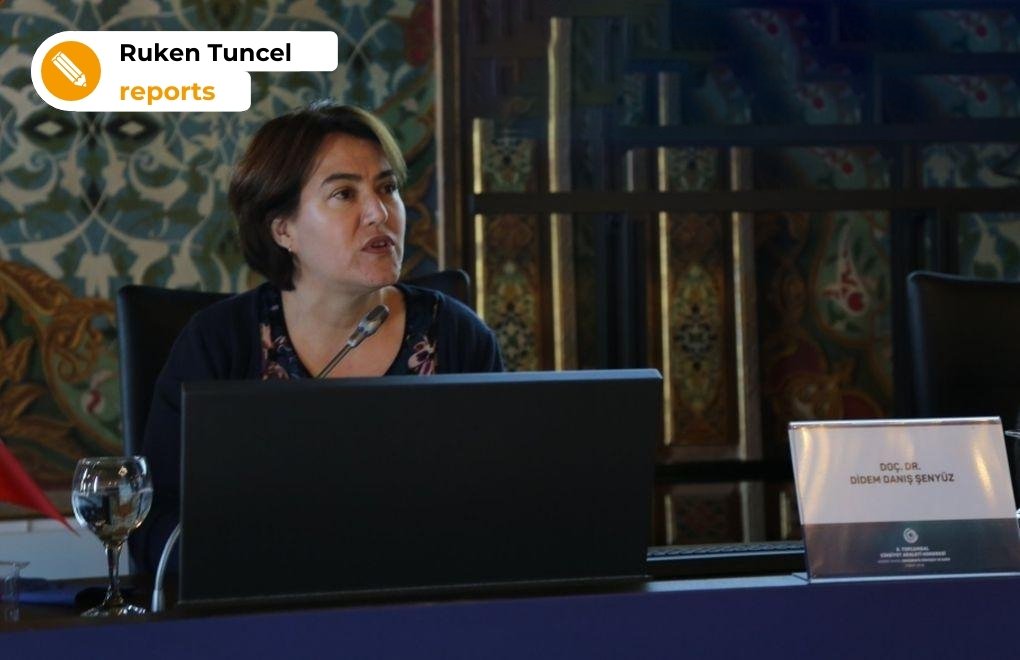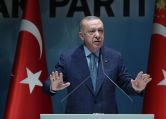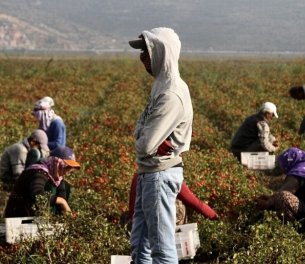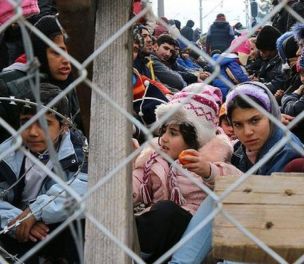Click to read the article in Turkish
Syrian refugees once again became the main agenda of politics in Turkey as the 2023 elections approached.
Many Twitter users have been discussing on social media about sending the Syrian refugees back to Syria, and in most cases messages they post include hate speech against the refugees in Turkey.
Turkey's President Recep Tayyip Erdoğan has said on May 3 that they are in preparations of a new project that will ensure the return of 1 million Syrian refugees back to their country.
However, this cannot be done as easy as Erdoğan stated, according to Didem Danış, an academic at Galatasaray University and also the Founding President of Association of Migration Research (GAR).
"Although the conditions in Turkey are difficult for Syrians, a significant part of them do not want to return," Danış said to bianet.
"Rhetoric for the elections"
According to Danış "These statements coming from the officials are the rhetoric about the upcoming elections "
"Refugees coming to the fore on social media today, debates about sending them back, are a result of a very organized political campaign," Danış said.
"The Syrians did not come to Turkey yesterday; we are talking about a migration that has been going on since 2011."
Danış noted that Turkey's primary problem, the economic crisis, is not being discussed in the country but instead the anti-refugee sentiment provoked through different channels occupies the agenda.
"I think this situation is partly in the interest of the government," she added.
She also criticized the opposition in Turkey for acting in a similar way because of concern of votes.
"They are not willing to return"
Didem Danış underlined that a significant number of Syrians do not want to return to Syria.
"There are several reasons for this. First of all, the uncertainty continues in Syria and the country is still living in economic and social destruction. Many Syrians also fear what will happen to them if they return since they believe that many of them are viewed as enemies by the Assad regime. We know that the necessary living conditions have not yet been provided in the areas under the control of Turkey either"
She continued:
"Despite the poverty they are exposed to and discriminatory and racist rhetoric, Syrians still want to stay here for the future of their children."
"Sending back is only possible voluntarily"
According to Didem Danış, although politicians make statements about sending Syrians back, this is not very easy according to both the national legislation and the international law.
"Both the national legislation and the international law texts that Turkey has signed say that sending back can only be made if it is voluntary. There are some very basic questions waiting to be answered: To Where in Syria will you send them? Under what conditions will you send them? How will you persuade so many people who do not want to return?"
She also reminded of the principle of non-refoulement which provides the prohibition of expulsion or return of a refugee to any country where he or she might be tortured or face persecution or other ill-treatment.
"How will you overcome the non-refoulement rule?" she asked.
"Syrians live under fear"
Didem Danış drew attention to the possible outcomes of the statements coming from the officials and ongoing hate speech against Syrian refugees in social media.
"Currently, Syrian families are living under fear, families send their children to school with fear, people are afraid to go out. There is a very dangerous game being played on Syrian refugees right now. We have seen the results of this hate speech in Altındağ, İzmir and Sakarya. Let's hope similar things will not happen in the coming days."
Click: After 10 years, most people in Turkey want refugees from Syria to go back
"There is no easy solution"
Danış concluded that there is no easy solution for the current situation regarding the refugees in Turkey.
"The European Union countries also have a very important responsibility in all these. People easily turn their anger towards refugees. These reactions should be directed at the Syrian regime, which forced these people to leave their homes, the political power in Turkey, which managed this whole process without a plan, and the European politicians who do not hesitate to implement all kinds of immoral policies. " (RT/TB)





as.jpg)



